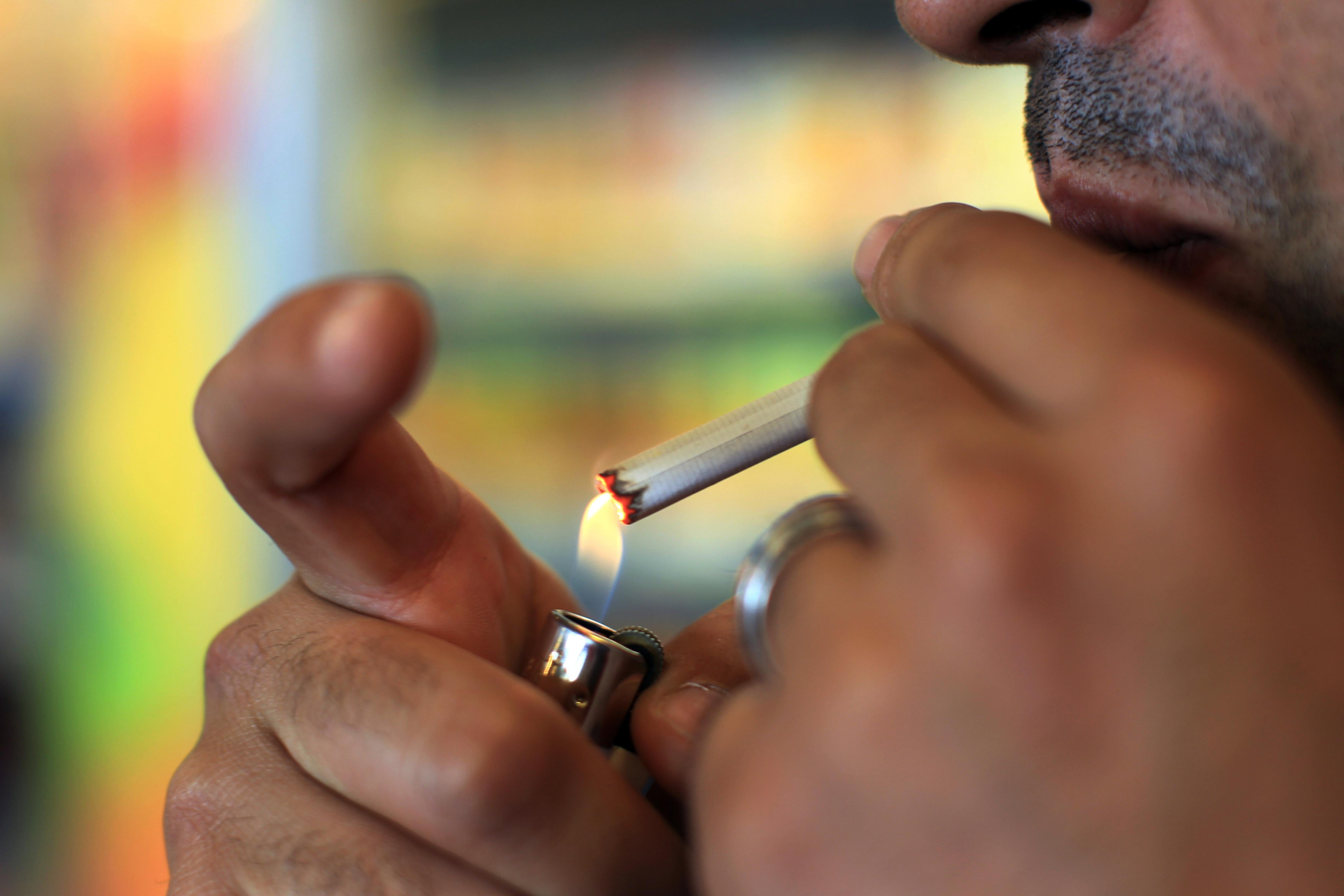Sabrina Tavernise of the New York Times reports today on efforts by tobacco companies to use trade regulations to prevent developing countries from adopting anti-smoking laws. At least four African countries—Namibia, Gabon, Togo, and Uganda—have received warnings from the tobacco companies that their laws violate trade agreements Philip Morris has attempted to sue the governments of Uruguay and Australia.
It makes sense that these companies are concerned about new smoking rules in poor countries. As American smoking rates have plummeted, these countries have emerged as the largest potential growth markets. Tobacco consumption more than doubled in the developing world from 1970 to 2000, according to Tavernise’s article. China and India have been driving most of the growth in recent years, but as Time reported a few years ago, Africa is the next frontier:
In Ghana, the male smoking rate (which in most places in the world is higher than the female rate) is only 8%; in the Democratic Republic of Congo, it’s 14%; in Nigeria, it’s 12%. Compare that with 31% in India, 56% in Malaysia and a whopping 61% in China.
Smoking rates tend to rise along with economic development. As the World Lung Foundation’s Tobacco Atlas put it last year, “In 2009, the media employed person in Kenya had to work almost an hour to buy a pack of the cheapest cigarettes, while the cheapest cigarettes cost just over 11 minutes of labor for the median worker in Japan.” As Kenya develops, that number will go down. And not surprisingly, the government there has put extremely tough smoking laws in place.
In the 19th century, Britain sent warships to when the Chinese government tried to block the import of opium from British traders. For now, Big Tobacco just sends lawyers.
